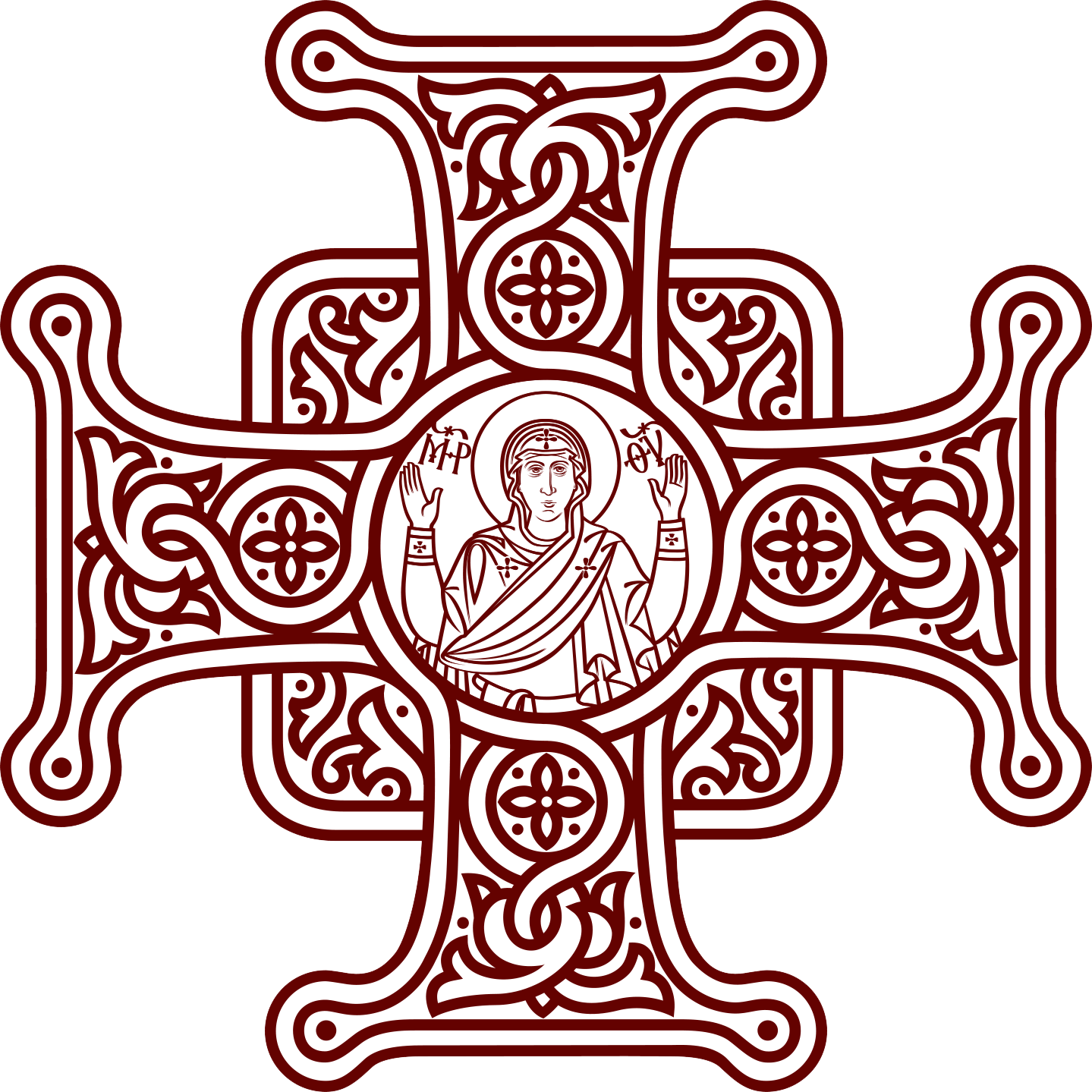Content

The Orthodox Church of Ukraine (OCU)
The Kyiv Metropolis of the Ukrainian Orthodox Church (Orthodox Church of Ukraine); primate – Epifaniy (Serhiy Doumenko), Metropolitan of Kyiv and All Ukraine.
Official position/functions regarding the conflict
The receipt of the Tomos of Autocephaly by the Orthodox Church of Ukraine became one of the key events of 2018, as well as a historic turn in the inter-Orthodox relations in Ukraine. The former UOC of the Kyiv Patriarchate became united with the former Ukrainian Autocephalous Orthodox Church of Ukraine and a part of the UOC (MP), having received official recognition from the Ecumenical Patriarchate, albeit with the status of a metropolitanate (and not patriarchate). Active participation of the former President Petro Poroshenko in resolving the Ukrainian church issue largely determined the public position of this church, which has been trying to remain the main “pro-Ukrainian church” and the “Ukrainian church for the Orthodox.” On the one hand, active involvement of the OCU in political and public affairs has attracted new supporters; on the other hand, some of the believers got alienated from it because they were not ready to put up with the politicization of spiritual structures.
At the geopolitical level, the OCU has become another official player among the Orthodox churches and a factor of influence in the relations between Patriarch Bartholomew and Patriarch Kirill. According to the estimates of most theologians, the granting of the Tomos has become the ultimate point for toughening up the confrontation in the Orthodox world.
At the level of the religious map of Ukraine, the emergence of the OCU provoked a situation, which is in many respects similar to the beginning of the 1990s, which were characterized by inter-jurisdictional confrontations and the redistribution of property. The wave of transfers of Orthodox parishes from the UOC (MP) to the OCU intensified in January 2019 but has not led to critical changes in the size of this church, which is officially significantly smaller than the number of structures within the UOC (MP).
Headed by Metropolitan Epifaniy, the OCU publicly preserves the image of the pro-Ukrainian Orthodox Church, which strengthens the political and ecclesial independence of Ukraine. In his statements, Epifaniy opposes the war, stressing that Ukraine “does not need peace at any cost, but a just peace.” In addition, the OCU hierarchs have been trying to maintain a course of liberalization and openness of the church in order to attract new believers.
Interests in the region of the conflict
The OCU actively promotes its interests on two levels. At the first, geopolitical, level, it attempts to gain the widest possible recognition from the church community and the Orthodox world in order to act as an independent player on an equal footing with other players. This contributes to maintaining a more restrained public position – in contrast to the past experience of the UOC KP. At the level of internal politics, this church maintains the image of a pro-Ukrainian church with a more liberal attitude, since it is interested in expanding the geography of its influence, including in the eastern regions.
According to its ministers, the peacebuilding role of the OCU should be manifested in cultural work, including with ORDLO; it should consist in the promotion of Christian values and a pro-Ukrainian position. To succeed in this, they are interested in contacting representatives of regional authorities and big business, often at the expense of and in confrontation with the local structures of the UOC (MP), in order to redistribute the balance of influence.
The strategic interest of the OCU is to strengthen its position as a “Ukrainian church” up to the level of unequivocal leadership in the eyes of the Ukrainain society against the pro-Ukrainian Greek Catholics and Protestants.
Activity regarding the conflict
Since its inception, the OCU has received at its disposal a wide network of military chaplains who serve in various units of the Armed Forces of Ukraine and the National Guard, strengthening its positions among the military. Chaplains for military personnel mainly receive official employment and salaries, providing various support for military units both in the conflict zone and during rotations, mostly in direct contact with the command.
The active social position and developed social service of the OCU has been realized through the Synodal Administration headed by Archbishop Serhiy Horobtsov, as well as through the non-governmental organization “Eleos-Ukraine”. The main activities include humanitarian aid in the conflict zone, support for military personnel and their families, cultural projects, work with youth, and various initiatives aimed at overcoming the consequences of the conflict.
The top leadership of this church takes part in the All-Ukrainian Council of Churches and Religious Organizations, supporting its overall strategy of peacebuilding, as well as its appeals to Vladimir Putin for the release of prisoners of conscience and political prisoners, its backing of the President’s peace initiatives in 2014, and its statement on providing aid to protect the Ukrainian state, among other initiatives.
One of the latest manifestations of its position has been its participation in the Round Table on Religious Freedom and Political Prisoners, where this church has supported the common call to help the families of political prisoners and the attempts to influence the release of prisoners of conscience.
